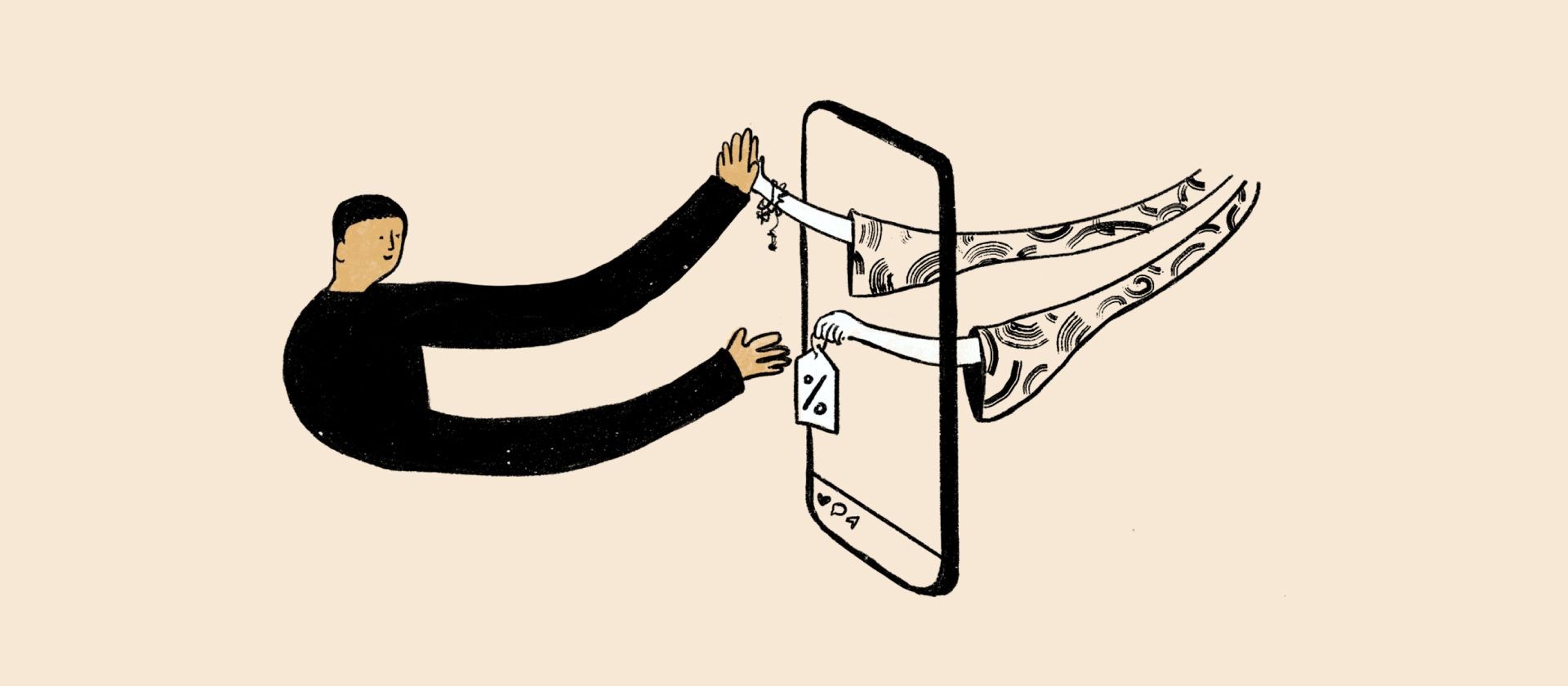
Insight Articles — Aug 06, 2021
Being Friends With an Online Persona
3 mins read
Share this article
Have you ever felt a connection with your idols online, even though you don't know them in person? While we feel like we know so much about our idols based on their media appearance and what they post on social media, they barely know anything about us. This one-sided interaction is known as a parasocial relationship.
This phenomenon started waaay back during the early television era. In 1956, sociologist Donald Horton and Richard Wohl stated that one of the most effective methods used by studios producing television shows was by finding ways to blur the line between show and reality, creating a persona that acts similarly to real-life friendships.
Interestingly enough, while the relationship that was created between the performer and the audience is only happening through the television screen; non-physical, it was influential to the audience.
Digital Era
Fast forward to the digital era, social media such as Instagram and Facebook allow communication between users, which leads to a ‘closer’ social relationship between celebrities and their audience. This also creates a new genre of social media influencers that are viewed as more approachable “people’s celebrities” (Schouten et al., 2020; Jin et al., 2019) than traditional celebrities like actors, famous athletes, or musicians.
Research in 2017 by Djafarova and Rushworth stated that interest in an opinion leader is often evaluated by three characteristics: attractiveness, trustworthiness, and expertise. When someone fulfills these three conditions, they are more likely to shape the audience's attitudes and behavior toward a certain brand, which eventually led to purchasing intention.
Parasocial relationships will occur with an initial reaction, such as a content creator’s attempt to communicate with their audience. One of the common strategies is to converse in a casual way of communicating in order to act as friends; encouraging the audience to pursue the friendship. A study on beauty bloggers suggested that being seen as genuine helps establish an influencer’s credibility (Wright, 2017). “It’s almost like you’re sitting doing your makeup with your friend,” exclaimed one study participant.
This explains why people are interested in a product recommended by their favorite influencers. Comments like “racun banget siss” or “reviewnya emang paling top, valid no debat” are often found on an Indonesian social media influencer’s platform.
Parasocial Relationship with Brands
There's also an interesting discussion on parasocial interaction between humans and brands. Brands can have personality, they can interact with their fans just like a celebrity can. In fact, because of the personalized nature of social media, people are more likely to interact with various media personas, including corporate brands. (Labrecque, 2014; Park & Kim, 2014).
Interactions like this are more likely to appear on heavily-branded products and in categories that are strongly associated with the feeling of love; including shoes, cars, lingerie, watches, perfumes and personal care, food items, music, cigarettes, and furniture (Albert et al., 2008).
Relationships with brand audiences can be built with pretty much the same method as human-to-human relationships. Creating a similar manner to real-life friendships, observing the target market’s characteristics (both physical and verbal), as well as personal behavior and attitude (Horton & Wohl, 1956). Additionally, engaging in social causes your audience relates to can result in higher levels of parasocial relationships (Ashley & Tuten, 2015).
When a high-quality relationship between a brand and its consumer is formed, it will influence people's purchasing behavior, and even result in consumers being willing to pay for premium products (Park & Kim, 2014). It can also exhibit loyalty to the brand, and even recommend the brand’s product to other people by talking about it positively on social media (Labrecque, 2014; Park & Kim, 2014).
What do you think about parasocial relationships? Is it dangerous, or rather beneficial?
Share this article
Related insight
